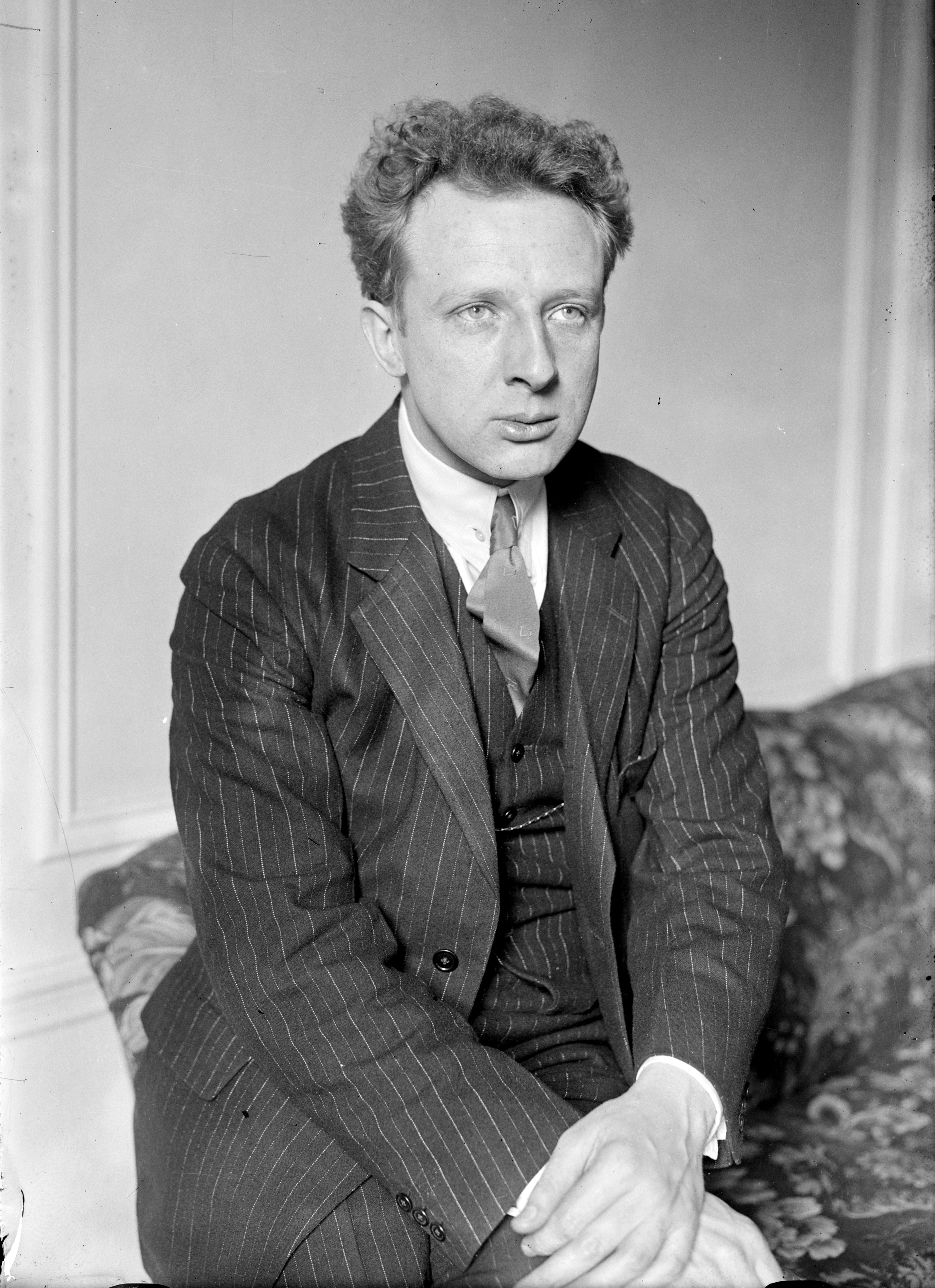da Musica radiotrasmessa, p. 188
La musica per tutti
Leopold Stokowski frasi celebri
da Futura evoluzione degli strumenti, p. 144
La musica per tutti
da Libertà di rispondenza alla musica, p. 37
La musica per tutti
da Architettonica — Forma —Contenuto, p. 91
La musica per tutti
“Una partitura orchestrale è un quadro sonoro scritto.”
da Equilibrio e squilibrio in musica, p. 158
La musica per tutti
da Libertà di rispondenza alla musica, pp. 41-42
La musica per tutti
Frasi sulla musica di Leopold Stokowski
da L'avvenire della musica nei continenti americani, pp. 237 - 238
La musica per tutti
da Omofonia — Polifonia — Antifonia, p. 118
La musica per tutti
da Musica e cultura universale, p. 244
La musica per tutti
Leopold Stokowski: Frasi in inglese
Music For All Of Us (1943); also quoted as "...Music can be all things to all persons... "
Contesto: I believe that music can be an inspirational force in all our lives — that its eloquence and the depth of its meaning are all-important, and that all personal considerations concerning musicians and the public are relatively unimportant — that music come from the heart and returns to the heart — that music is spontaneous, impulsive expression — that its range is without limit — that music is forever growing — that music can be one element to help us build a new conception of life in which the madness and cruelty of wars will be replaced by a simple understanding of the brotherhood of man.
Music can be all things to all men. It is like a great dynamic sun in the center of a solar system which sends out its rays and inspiration in every direction. … It is as if the heavens open and a divine voice calls. Something in our souls responds and understands. We are speaking here of the most inspired music.
“A painter paints his pictures on canvas. But musicians paint their pictures on silence.”
Addressing an audience at Carnegie Hall, as quoted in The New York Times (11 May 1967); often this is quoted without the humorous final sentence.
Contesto: A painter paints his pictures on canvas. But musicians paint their pictures on silence. We provide the music, and you provide the silence.
Music For All Of Us (1943); also quoted as "...Music can be all things to all persons... "
Contesto: I believe that music can be an inspirational force in all our lives — that its eloquence and the depth of its meaning are all-important, and that all personal considerations concerning musicians and the public are relatively unimportant — that music come from the heart and returns to the heart — that music is spontaneous, impulsive expression — that its range is without limit — that music is forever growing — that music can be one element to help us build a new conception of life in which the madness and cruelty of wars will be replaced by a simple understanding of the brotherhood of man.
Music can be all things to all men. It is like a great dynamic sun in the center of a solar system which sends out its rays and inspiration in every direction. … It is as if the heavens open and a divine voice calls. Something in our souls responds and understands. We are speaking here of the most inspired music.
During a chance meeting in a restaurant with Walt Disney. Stokowski's influence expanded the project and the idea eventually evolved into the landmark animation feature film Fantasia (1940), for which Stokowski had suggested the title, as one which indicates "a musical composition without a strict form"; quoted in Serious Business: The Art and Commerce of Animation in America from Betty Boop to Toy Story (2000) by Stefan Kanfer
Unsourced variant: I would like to conduct that for you.
http://www.prestoclassical.co.uk/r/Newton%2BClassics/8802024 CBS TV 1976
From his will, in which he provided for his conducting scores, manuscript orchestral transcriptions, and recordings to archived and accessible to the public. The Stokowski Archives are now housed in the University of Pennsylvania Library.
“On matters of intonation and technicalities I am more than a martinet— I am a martinetissimo.”
Statement recalled in obituaries (13 September 1977), as quoted in Simpson’s Contemporary Quotations (1988) compiled by James B. Simpson
